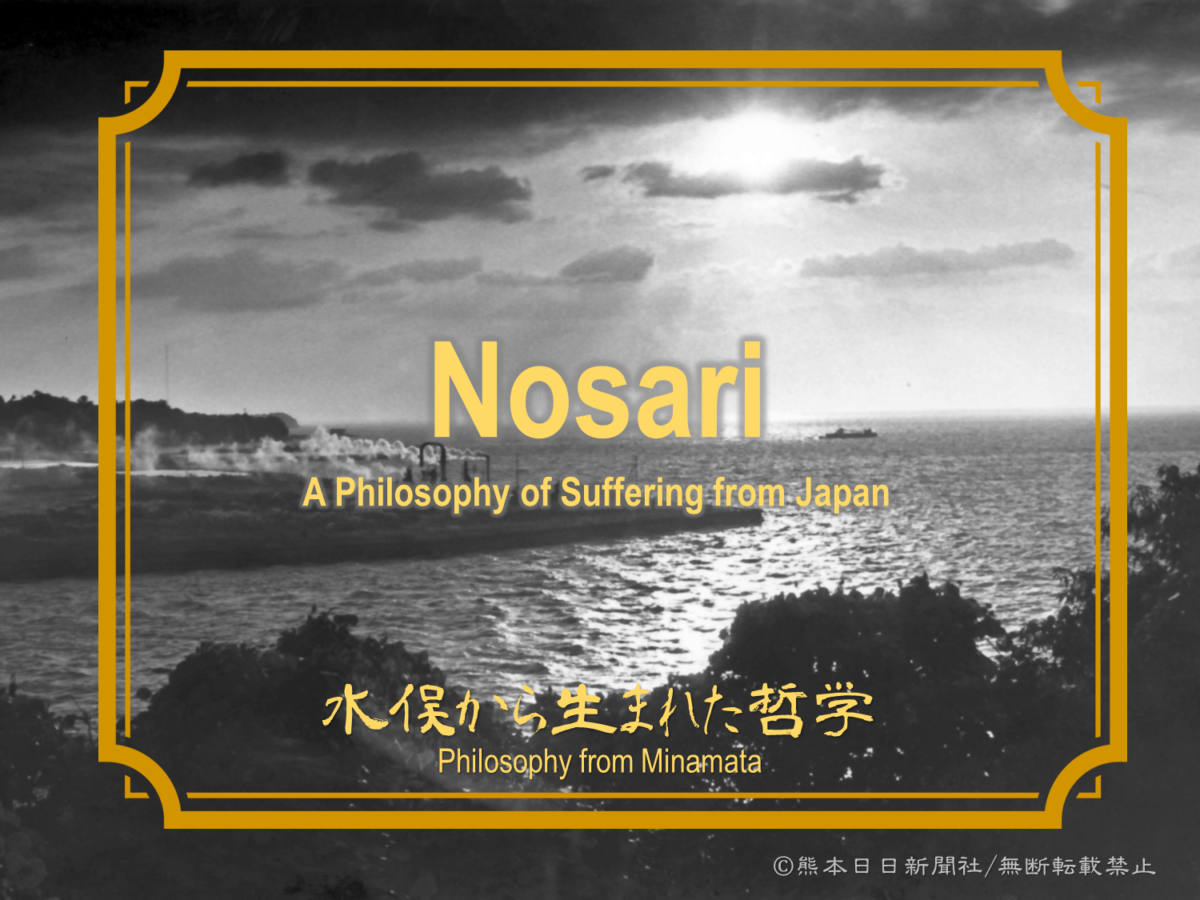
のさり―日本発の受難の思想/石原 明子
「水俣病は天からの恵み」「苦難さえも天からの授かりもの」
Minamata disease is Nosari, a gift from heaven. Even hardship is a gift from heaven.
工場排水の有機水銀の影響を受けた人たちは、神経症状を発症し、重い症状の人たちは意識障害、体中の振るえが止まらないなどの症状の中で、狂ったように苦しみながら亡くなっていった。死に至らぬ人たちも、感覚障害や運動障害、視野狭窄など様々な症状で生涯の健康と暮らしに大きな負の影響を受けた。それだけでも耐え難い苦しみなのに、患者たちは「うつる病」として間違った認識に基づいて差別され、また、補償が始まってからは「水俣の基幹産業のチッソをつぶす地域の敵」「金が欲しいがゆえにうそをついているニセ患者」と差別を受けた。
People affected by organic mercury in factory effluent developed a number of symptoms, including neurological disorders. Those with severe symptoms, such as loss of consciousness and inability to stop shaking all over their bodies, died in a state of insane suffering. Even for those who did not die, their lifelong health and livelihood were negatively affected by various symptoms such as sensory disturbance, motor impairment, and narrowing of vision. In addition, after compensation began, they were discriminated against as “enemies of the community who are destroying Chisso, the key industry in Minamata” and “fake patients who are lying for money.
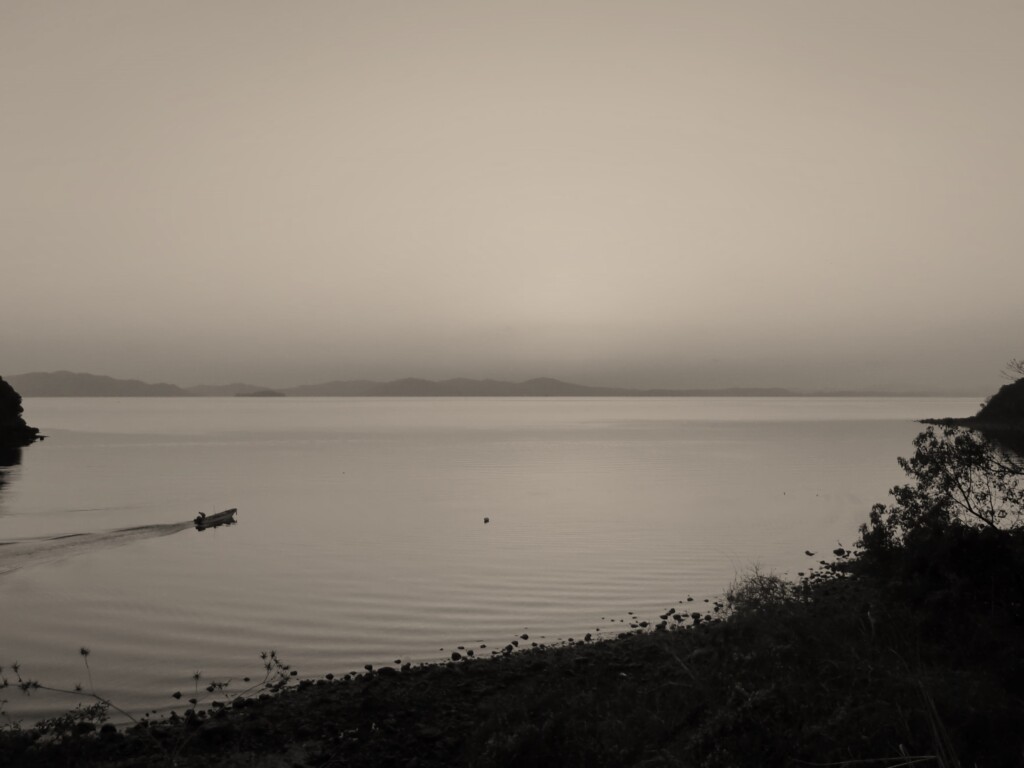
患者の杉本栄子さん(故人)は、漁師の網元の家に育ったが、小学生の時に、母親が村の最初の発病患者としてラジオで放送された。親が急に病に倒れ、遠くの病院にいってしまっただけで恐怖と不安の中であるのに、そのうえ、次の日から村の人たちから「うつる」「なんで病院につれていったか」と石を投げられるなどのひどい差別を受け始めた。網元の子として尊敬と誇りの中で生きてきた昨日とはあまりに風景が一変した。
あまりのことに食事もできなくなり、やせ細った栄子さんが「いじめるものに仕返しをしたい」と網元の父親に話すと、父は「仕返しをしてはいけない。村の人たちも昔は良い人だった。今はしけのとき。漁師はしけのときも、晴天のときも感謝して受け止める。水俣病をのさりと思え」と言ったという。「のさり」とは、水俣で「授かったもの」「いただきもの」「天からの恵み」というような良い意味で使われる地方の言葉である。水俣病がのさり、天からの恵みで授かりものとはどういうことか。栄子さんは、その後も続く父の死や祖父母の死、自身の水俣病の症状や差別と苦しみながらも、その父の言葉に向き合った。
Ms.Eiko Sugimoto (deceased), a patient, grew up in a leader family of fishermen, but when she was in elementary school, her mother was broadcast on the radio as the first patient in the village to contract the disease.She was in a state of fear and anxiety just because her parents had suddenly fallen ill and gone to a distant hospital. On top of that, the next day, she began to receive severe discrimination from the villagers, who threw stones at her, saying, “Your family has an infectious disease, so stay away from us,” and “Why did you take her to the hospital? It was a complete change from yesterday, when I had lived with respect and pride as the daughter of a leader of fishermen.
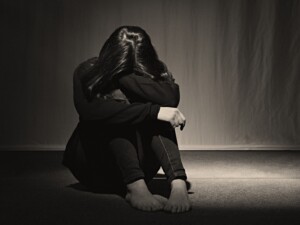 She was so shocked that she could no longer eat, and when she told her father, “I want to get back at my tormentors.” But he said, “You must not get back at them. The people of the village used to be good people. Now is the time of recession. Fishermen are grateful for both good weather and bad weather as Nosari, a gift from Heaven. Think of Minamata disease also as a Nosari, a gift from heaven . The word “nosari” is a local word used in Minamata to mean “something given to us from heaven,” “something received,” or “a blessing from heaven. What does it mean that Minamata disease is a blessing from heaven? Eiko faced her father’s words while suffering from the death of her father and grandparents, her own symptoms of Minamata disease, and discrimination.
She was so shocked that she could no longer eat, and when she told her father, “I want to get back at my tormentors.” But he said, “You must not get back at them. The people of the village used to be good people. Now is the time of recession. Fishermen are grateful for both good weather and bad weather as Nosari, a gift from Heaven. Think of Minamata disease also as a Nosari, a gift from heaven . The word “nosari” is a local word used in Minamata to mean “something given to us from heaven,” “something received,” or “a blessing from heaven. What does it mean that Minamata disease is a blessing from heaven? Eiko faced her father’s words while suffering from the death of her father and grandparents, her own symptoms of Minamata disease, and discrimination.
大人になり後に栄子さんは、「この水俣病は、山や海を壊してしまった人間への神の怒り。みんなの代わりに私たち患者が病んでいる」「水俣病が隣の人ではなく自分のところにきたことを、喜びとする」「チッソの人たちも助かりますようにと祈り、人間そしてわが身の罪に侘びて祈る。チッソも、行政も、ゆるす」「人様は変わらないから、自分が変わる」といった。
筆者は、栄子さんは、水俣病問題で自分と対立する(緊張関係にある)立場の人が自分の家に何かの用事で来たときにも、彼らを家にあげ、「食べんね(食べなさい)」と食卓に招いたといういつわを複数の人から聞いた。患者からののしられるのではないかと恐れながら訪ねてきた対立するの人は、拍子抜けして、食事をいただきながら一人の人間同士としての会話・対話が始まった。その自然な人と人としての対話の中で、対立する立場であった人も、患者たちがどれほど理不尽な経験の中で苦しんできたかを初めて知ることとなり、そこで愕然として、自らの責任に気づき、責任を取るための行動に押し出されていった、という話が、水俣にはいくつも残っている。
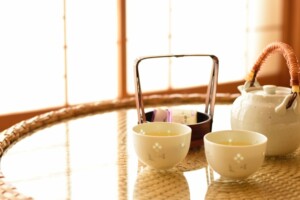 As an adult, Eiko later said, “This Minamata disease may be God’s anger against human beings who have destroyed the mountains and the sea. I am happy that Minamata disease has come to me instead of my neighbors.” “I pray for the people of Chisso to be saved, and I pray in sorrow for the sins of human beings and myself. I forgive Chisso and the government.”
As an adult, Eiko later said, “This Minamata disease may be God’s anger against human beings who have destroyed the mountains and the sea. I am happy that Minamata disease has come to me instead of my neighbors.” “I pray for the people of Chisso to be saved, and I pray in sorrow for the sins of human beings and myself. I forgive Chisso and the government.”
The author has heard from several people that Eiko, when people who were in conflict with her on the Minamata disease issue came to her house for something, she invited them to a table and said, “Eat”. The people who had come to the house, fearing that they would be shunned by the patient, were taken aback and began to talk to each other as human beings over a meal. In Minamata, there are many stories of people who, in the course of this natural human dialogue, learned for the first time how much the patients had suffered under unreasonable conditions, were astonished, realized their own responsibility, and were pushed into action to take responsibility.
「水俣病はのさり」「ゆるす」と言った栄子さんの生き方は、立場を越えて、彼女に触れた人々に深い気づきと勇気を与えた。敵味方に分かれていた水俣の人々が再びつながりあい、このようなことがあったからこそ、自然を大切に人を大切にする街にしていこうという水俣の再生の希望の支柱になっていった。
そんな栄子さんの生き方に、直接間接に触れた水俣の人たちの中で「のさり」の思想は今も息づいている。単に表面的に自分の都合のよいことに対して「恵み」「ありがたい」というだけでなく、「苦難」や「一見自分には都合の悪いこと」さえも「恵み」「ありがたい」受け止めて、「そこから何かが始まる」と考えて生きようとする、そのための合言葉が「のさり」である。「定め(運命)」として受け止める、という響きもあるのかもしれない。
The way Eiko lived her life, saying “Minamata disease is a gift” and “I forgive you,” gave deep insight and courage to those who came into contact with her, and the people of Minamata, who had been divided into friend and foe, began to reconnect with each other. She became a pillar of hope for the revival of Minamata, a city that had learned from the tragedy of pollution in the past and was determined to make Minamata a place where nature and people are respected so that such a thing would never happen again.
The idea of “nosari” still lives on in the people of Minamata, who were directly and indirectly touched by Eiko’s way of life. The spirit of “nosari” is still alive among the people of Minamata who were directly and indirectly touched by Eiko’s way of life. It is not just a superficial way of saying “blessings” or “thank you” for things that are good for you, but also a way of accepting “hardships” and even “things that are seemingly bad for you” as “blessings” or “thank you” and think The word “nosari” may also sound like “accepting it as fate.
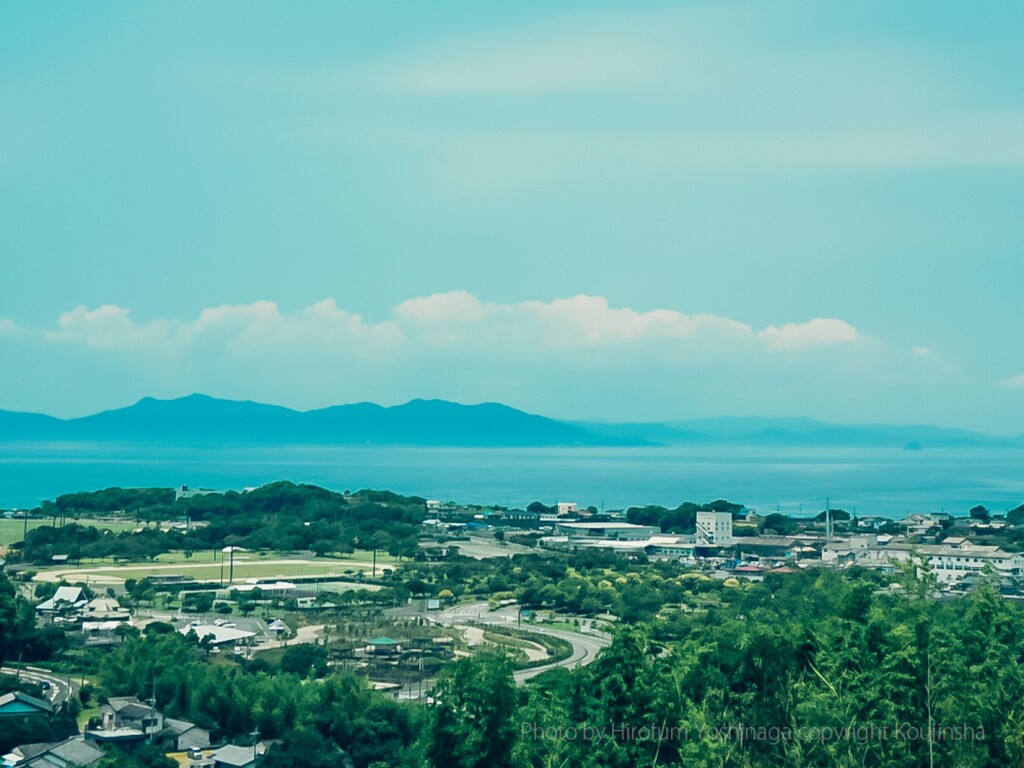
水俣の中央商店街の若手リーダーたちは、水俣の山で取れた栗から高品質の栗焼酎を作り「のさり」と名付けた。「水俣病があったから水俣はダメになった。経済も悪くなった」と他人のせい、何かのせいにしがちな生き方に、「今ここにある足元から、本物(真物)をつくる」。このようなことのあった水俣だからこそ「人を大事に、自然を大事に生きる」「苦難も含めてそこに与えられたものから、本当に恵みが成る」という思いが引き継がれている。
そこに愛はあるか、と問いかけられている。
The young leaders of the central shopping street in Minamata made high-quality chestnut shochu named “Nosari” from chestnuts grown in the mountains of Minamata. In the past, shopkeepers in Minamata’s central shopping street have said to others, “Minamata was ruined because of Minamata disease” and they blamed Minamata disease for the decline of the shopping district. However, the young leaders stood up and said, “We should not live our lives blaming others or something else”. They said, “Let’s create the truly high quality product using ingredients from the Minamata region, given from heaven right now”. “Let’s live our lives accepting even hardships with open arms,” “Let’s live with respect for people and respect for nature”. Remembering the spirit of Eiko, who taught us, “Blessings truly come from what is given to us, including hardships,” they named the shochu of the highest quality “Nosari.
One of the young leader who produced “Nosari Shochu” asks, “Are your actions based on love?”
Writer Akiko Ishihara
ライター/石原明子
東京生まれ。水俣で、1歳児を育ててながら、熊本大学で教員として働く。「対立や葛藤から未来を拓く」紛争解決学が専門で、水俣や福島の人々の葛藤と再生、そこから紡がれる未来への示唆の研究をしている。
Born in Tokyo. While raising a one-year-old child in Minamata, working as a teacher at Kumamoto University.
Opening Up the Future from Conflict and Conflict, specializing in conflict resolution studies.
Researching focuses on the conflicts and rebirths of the people of Minamata and Fukushima,
and the implications for the future that can be drawn from them.
コメント ( 0 )
トラックバックは利用できません。











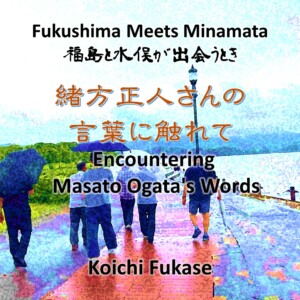
この記事へのコメントはありません。